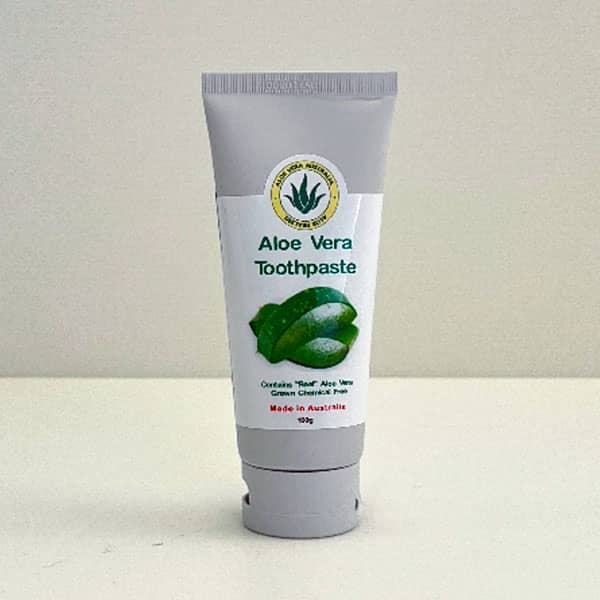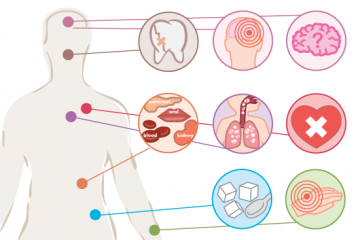Partial Dentures Nearby
Losing teeth can be a life-altering experience, affecting not only your self-confidence but also your ability to eat, speak, and engage in daily activities with comfort and ease. Partial dentures offer a viable solution for individuals who are missing one or more teeth but still have some natural teeth remaining. These custom-made dental appliances are designed to restore the functionality and aesthetics of your smile, ensuring that you can enjoy a better quality of life.
Understanding Partial Dentures
Partial dentures are dental prosthetics that are used to replace missing teeth. They are tailored to fit around your existing teeth, using clips or clasps to secure them in place. This type of denture is an excellent option for individuals who are not candidates for dental implants or bridges, either due to financial constraints, insufficient bone density, or other health-related issues. Partial dentures are made from a variety of materials, including acrylic, metal, or a combination of both, depending on your specific needs and preferences.
Types of Partial Dentures
Several types of partial dentures are available, each designed to address different dental needs and preferences. The most common types include:
- Removable Partial Dentures (RPDs): These are the most traditional form of partial dentures. They can be taken out at night or for cleaning and are known for their ease of use and versatility.
- Fixed Partial Dentures: Often referred to as dental bridges, these are permanently attached to your natural teeth or dental implants. They offer greater stability and can feel more natural than RPDs.
- Implant-Supported Partial Dentures: These dentures are anchored to dental implants, providing superior stability and comfort. They are an excellent choice for those who want a more secure fit and are willing to undergo implant surgery.
Benefits of Partial Dentures
The advantages of partial dentures are multifaceted, improving both the functional and aesthetic aspects of your dental health:
- Restored Smile: Partial dentures fill in the gaps left by missing teeth, enhancing your appearance and boosting your confidence.
- Improved Functionality: They allow for better chewing and digestion, enabling you to enjoy a wider variety of foods.
- Prevention of Shifting Teeth: By filling the gaps, partial dentures prevent your existing teeth from shifting out of place, which can lead to further dental complications.
- Economic Advantage: Compared to implants or bridges, partial dentures are often more affordable, making them an accessible option for many.
The Process of Getting Partial Dentures
Obtaining partial dentures involves several steps, from initial consultation to the final fitting. Here’s an overview of what you can expect:
- Consultation: Your first step is to consult with a dentist who specializes in prosthodontics or a general dentist with experience in denture fabrication. They will assess your dental health, discuss your options, and outline the process.
- Impressions: The dentist will take impressions of your mouth to create a model. This model is used to craft your custom dentures.
- Fitting: Once your dentures are ready, you will return to the dentist for a fitting. This is to ensure that your dentures fit comfortably and functionally.
- Adjustments: After the initial fitting, you may need to return for one or more follow-up appointments to make any necessary adjustments.
Finding Partial Dentures Nearby
When searching for partial dentures nearby, it’s crucial to find a dental professional who is not only competent but also someone you feel comfortable with. Here are some tips to help you in your search:
- Ask for Referrals: Start by asking friends, family, or your general dentist for recommendations. They can provide valuable insights based on their experiences.
- Online Reviews: Utilize online review platforms to read about other patients’ experiences with local dentists. Pay attention to comments about the quality of care, professionalism, and patient satisfaction.
- Check Credentials: Ensure that the dentist you choose has the necessary qualifications and experience in prosthodontics or general dentistry with a focus on denture care.
- Initial Consultation: Before committing, schedule an initial consultation. This meeting will give you a sense of the dentist’s approach, their ability to listen to your concerns, and their willingness to tailor a solution to your needs.
Conclusion
Partial dentures offer a practical and effective solution for individuals looking to replace missing teeth. By understanding the types of partial dentures available, their benefits, and the process involved in obtaining them, you can make an informed decision about your dental health. Remember, the key to a successful outcome is finding the right dental professional who can guide you through the process with care and expertise. With the right partial dentures, you can look forward to regaining your confidence, improving your oral health, and enjoying life to the fullest.
How long does it take to get used to wearing partial dentures?
+Adjusting to partial dentures can vary from person to person, but most people find they adapt within a few weeks. It’s normal to experience some discomfort or difficulty speaking and eating at first, but as you get used to the feel of your dentures, these issues will resolve. Regular follow-up appointments with your dentist can help address any concerns and speed up the adjustment process.
Can I eat normally with partial dentures?
+Yes, with partial dentures, you can eat a variety of foods, but it’s recommended to start with softer foods and gradually introduce more challenging textures. Avoid biting or chewing hard foods directly with your dentures, and try to chew on both sides of your mouth to distribute the force evenly. Also, be cautious with hot or extremely cold foods and drinks to prevent discomfort or damage to your dentures.
How do I care for my partial dentures?
+Caring for your partial dentures involves daily cleaning, regular check-ups, and proper storage. Clean your dentures daily with a mild denture cleaner and a soft-bristled toothbrush. Avoid using regular toothpaste, as it can be too abrasive. When not in use, store your dentures in water or a cleansing solution to keep them moist. Regular visits to your dentist are crucial for professional cleaning and to ensure your dentures fit well and function properly.

